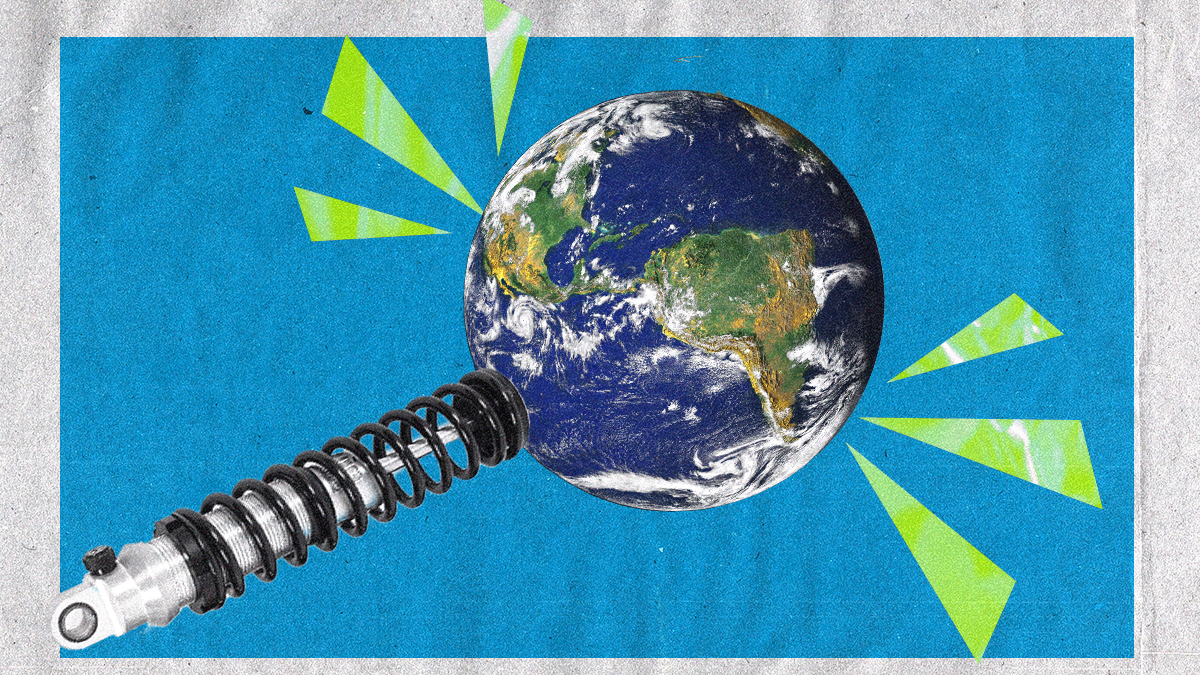We live in an era of emergency. Since 2008, we’ve seen a global financial crisis, a sovereign debt crisis in Europe, and a wave of unrest that sparked political turmoil across North Africa and the Middle East. Civil wars in Syria and Libya helped trigger a migrant crisis that upended European politics. Then came Britain’s exit from the EU, the surprise election of a US president who upended the most basic assumptions about America’s role in the post-war world, and a political crisis in the wake of his defeat. Next came a global pandemic that has killed millions and continues to inflict human, economic, and political damage in every region of the world. Now we have Russia’s war on Ukraine, millions more refugees, and a global food emergency that has only just begun. All of that has happened in the past 14 years.
Given all that, it’s obvious that deeper investment is needed in resilience at every level of government, commerce, and society. In a world of shocks, we need good shock absorbers. Political and business leaders now face a basic choice. They can build networks of trade and political alliances with only like-minded partners – those with similar political systems, cultures, or overlapping interests – to ensure competitors and potential enemies can’t gain strategic advantages by exploiting weaknesses like monopolies on needed resources or supply-chain vulnerabilities. Or they can diversify their partnerships to build relationships where they make the most sense for economic value and the common good. It’s possible that governments will now use sanctions, tariffs, export bans, subsidies, and other forms of protectionism as everyday weapons to build resilience by enhancing security. Others will continue to seek resilience through a broader diversification of their partnerships.
This choice will be most obvious in relations between China and the West. Will the US and EU begin to treat China primarily as a political and economic opportunity or mainly as a security risk? Will China seek a more confrontational role toward the West and the international institutions where it has outsized power, or will it continue to define its security through the dynamism of its global trade and investment relationships?
These are the questions most likely to determine how well the global economy and current international system absorb the next generation of shocks.
